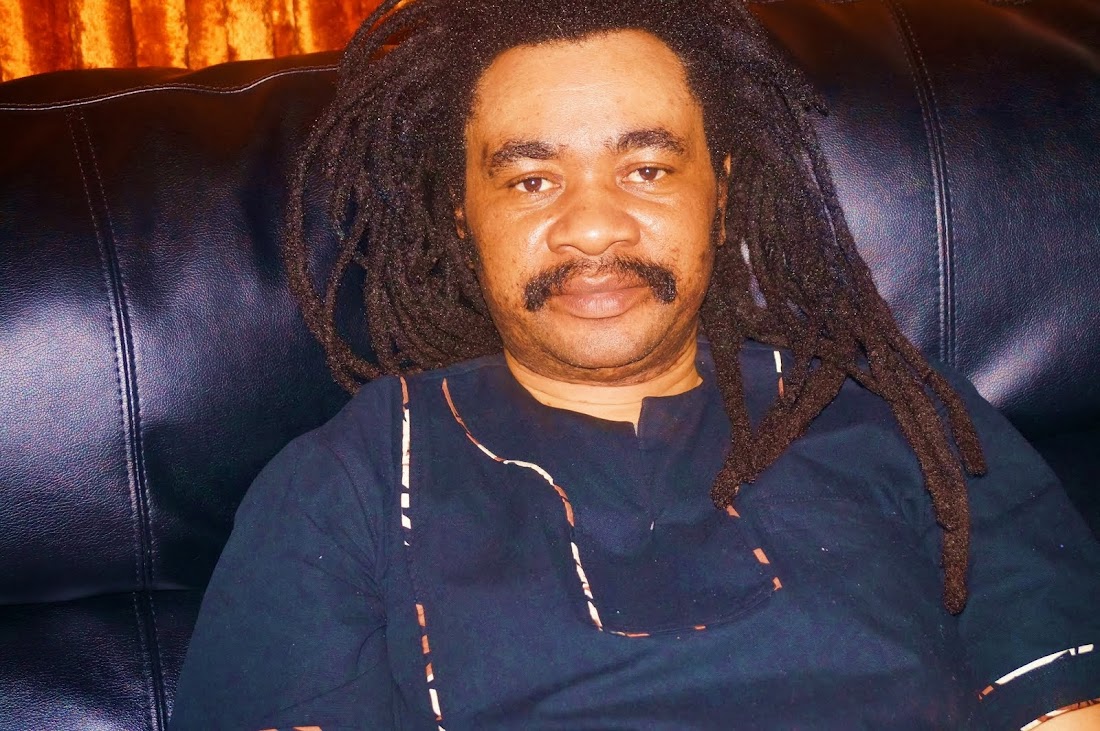Looking at the mess the youngest poorest
and newest country of South Sudan is in, something urgent needs to be done.
After fighting broke between the government forces and those of the rebels
backing former vice president Riek Machar, many people were killed and many
more displaced. Up till now, over 1,000 have already been killed and over
200,000 displaced. The situation is alarmingly worse given that ceasefire
hasn't been reached.
Regional leaders have been working to
see to it that the conflict in South Sudan is zeroed out. But as the time goes
by, it seems, their efforts are taking long to deliver. For up till now, no face-to-face talks have
already commenced. Even the formality of
the going on talks is still shaky. Although it is normal in conflict
resolution, chances are that the approach regional leaders have taken is likely
to cause more troubles especially if they contemplate about power sharing. Some
have already started talking about formation of the Government of National
Unity (GNU) as it was in Kenya and Zimbabwe. Again, the Government of South
Sudan (GoSS) is categorically against such a move it terms as rewarding law
breakers. So too, there are those who think that shall GoSS consent to GNU,
it’ll be marking the end of Machar. Those with such belief refer to what
happened to former premiers Raila Odinga (Kenya) and Morgan Tsvangirai
(Zimbabwe) or what forced RENAMO in Mozambique to go back to the guerrilla war.
Inter-governmental Authority in
Development (IGAD) which is said to have proposed power sharing needs to
understand the feelings of GoSS and core issues that led to fighting. IGAD will
fail squarely shall it press on with such proposals. South Sudan President
Salva Kiir has refused a proposal that includes a ceasefire, release of all
detainees and the formation of a national unity government. There also is mistrust
about the role of Uganda among other IGAD members especially on the side of
Machar’s camp. A
member of Machar’s negotiation team, Dr Dhieu Mathok Ding Wol was quoted as
saying, “The position of President Museveni on the conflict in South Sudan is
affecting even the peace process mediated by IGAD in Addis Ababa.” Wol
sentiments received a very noncommittal quid pro quo from the government of
Uganda whose head of government’s Media Center, Ofwono Opondo had this to say,
“So those statements by Machar’s group are outrageous and a scapegoat.” apart
from the proposal of having GNU, it is obvious that IGAD hasn't created trust
and impartiality things are very crucial in every mediation.
Furthermore, IGAD needs to think about another
way of addressing the conflict in South Sudan. What worked in Kenya or Zimbabwe
can’t be replicated in South Sudan however this does not mean that it should
not be applied. We need to look at the cause of concerns. For instance, in
Kenya and Zimbabwe the cause of all brouhahas was election rigging. What is the
cause in South Sudan? Nobody knows exactly. So thinking about GNU without
having strong reasons is like letting the chance to solve the conflict escape
pointlessly.
Experience has it that once one shares
power with those who are legally in power; they’ll frustrate his efforts to
make indelible marks to the voters something that hurts him come elections.
Another hitch that needed to be tacked
firstly is the whole allegation by GoSS that the so-called rebels have no name
which forces me to call the Riek Machar Rebels (MRM) for the time being.
Verily, it makes sense to tackle the question by GoSS: Why rewarding law
breakers and power winos? One can go further asking: What precedent?
In dealing with such a conflict, much
care needs to be taken especially the issues to begin with. One of those things is to make sure that the
mediators carefully touch on power dynamics, building trust, credibility and
offering chance for the parties to conflict to vent. Thereafter, there must
follow the modality to be used after it is agreed upon by two parties to
conflict. Such efforts are important at least to lay a foundation for negative
peace that will enable ceasefire. After securing negative peace, it will be
possible for mediators to start all essentials such as peacemaking,
peace building and peacekeeping if needs be. This is a process that can take
years to see to it that positive peace prevail again in this poor and young
country.
Rebuilding sound relationship in the
country like South Sudan needs a multifaceted approach. This is why the
International Criminal Court (ICC) needs to reign in aiming at creating fear
and sanity for both sides. If ICC starts to investigate atrocities committed against
humanity and all other related crimes, such a move will make the protagonists
become aware of what can become a bad end for them. True, such a move will
curtail their urge to cause more harm knowingly that thereafter they’ll face
justice.
Given that politics seems to start
hitting the snag just from the beginning, ICC needs to zero in so as to create
sanity and awareness that the end of this dirty game is likely to land somebody
in jail.
Source: The African Executive Magazine Jan., 15, 2013.



No comments:
Post a Comment